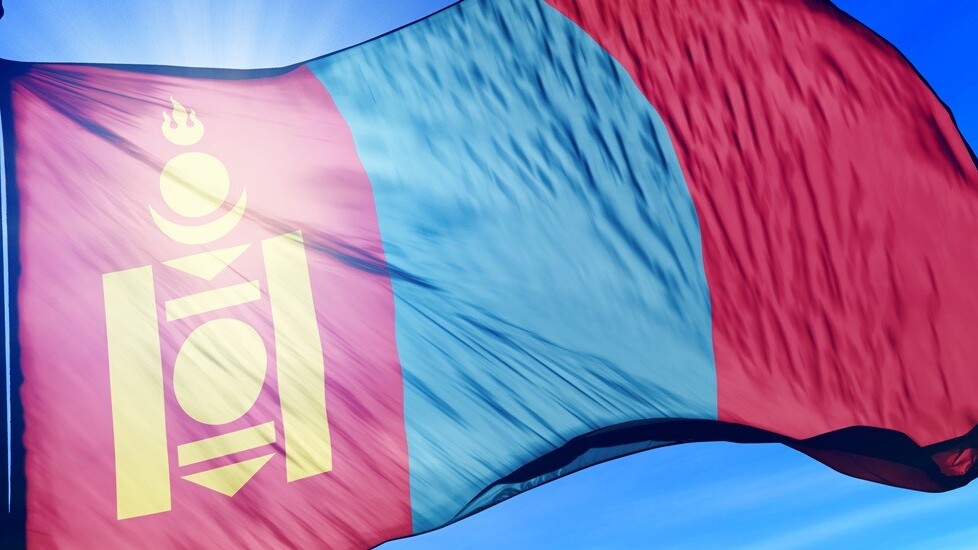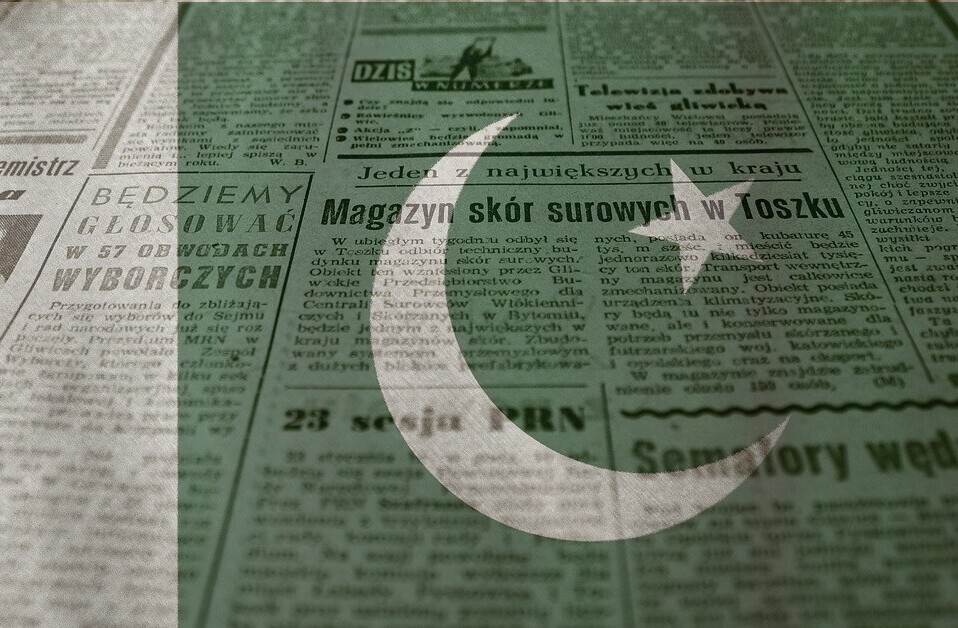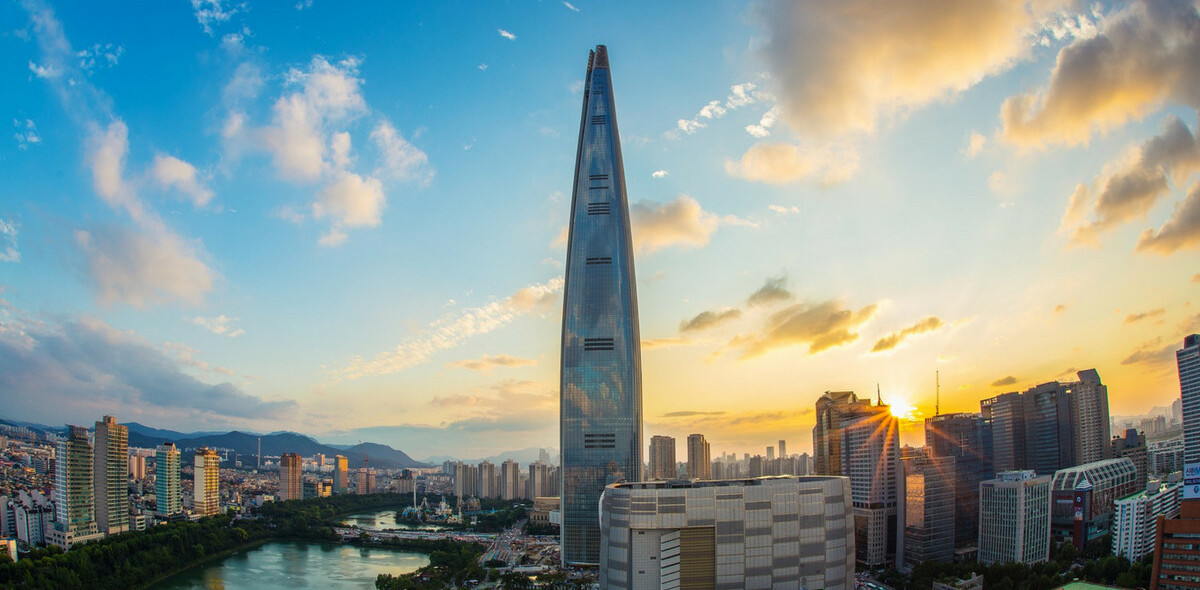
Asian Internet censorship isn’t just limited to China. Near-neighbour Mongolia is showing the whip to online media after releasing a new blacklist of over 700 forbidden swear words that, if found on a website, could result in censorship, prosecution or shut down.
The list of terms — published on local news site Shuum — includes a mixture of Russian, Chinese and English words, ranging from vulgar terms to more amusing entries like ‘ass-hat,’ ‘hell,’ ‘drunk,’ ‘dumbass’ and other misspelled variants.
While the list makes for funny reading here and there, there is a very serious side to the Mongolian government’s latest crackdown, as Australian journalist Lisa Gardner — who is based in the country — points out on her blog:
In Mongolia, a heavily concentrated press largely owned by prominent figures sees critical or unflattering stories regularly censored.
Exposure of corrupt practice can often leave journalists in fear of prosecution under the country’s criminal defamation laws. Recently adopted Freedom of Information statues often conflict with privacy laws, thus achieving little by way of greater transparency.
Even fewer laws act to protect journalistic practice, the confidentiality of sources or whistleblowers. Investigative work undertaken by journalists rather than police or intelligence agencies could even be deemed to violate the constitution. Coupling these restraints with state secrecy laws merely serves to reinforce a sobering ‘chilling effect’.
Gardner further explains that the threat of defamation is a very real one in the country, despite Mongolia’s laws granting journalists a level of free speech and outlawing direct government censorship. Instead, pressure is applied by buying up media company — and thus exerting control — or leaning on defamation suits and blacklists.
Further reading: Mongolia: Threats To Press Freedom [Lisa Gardner]
Headline image via Jiri Flogel /Shutterstock
Get the TNW newsletter
Get the most important tech news in your inbox each week.






